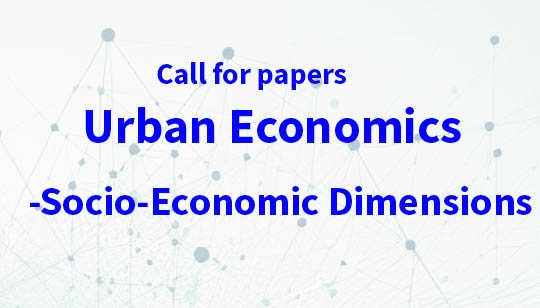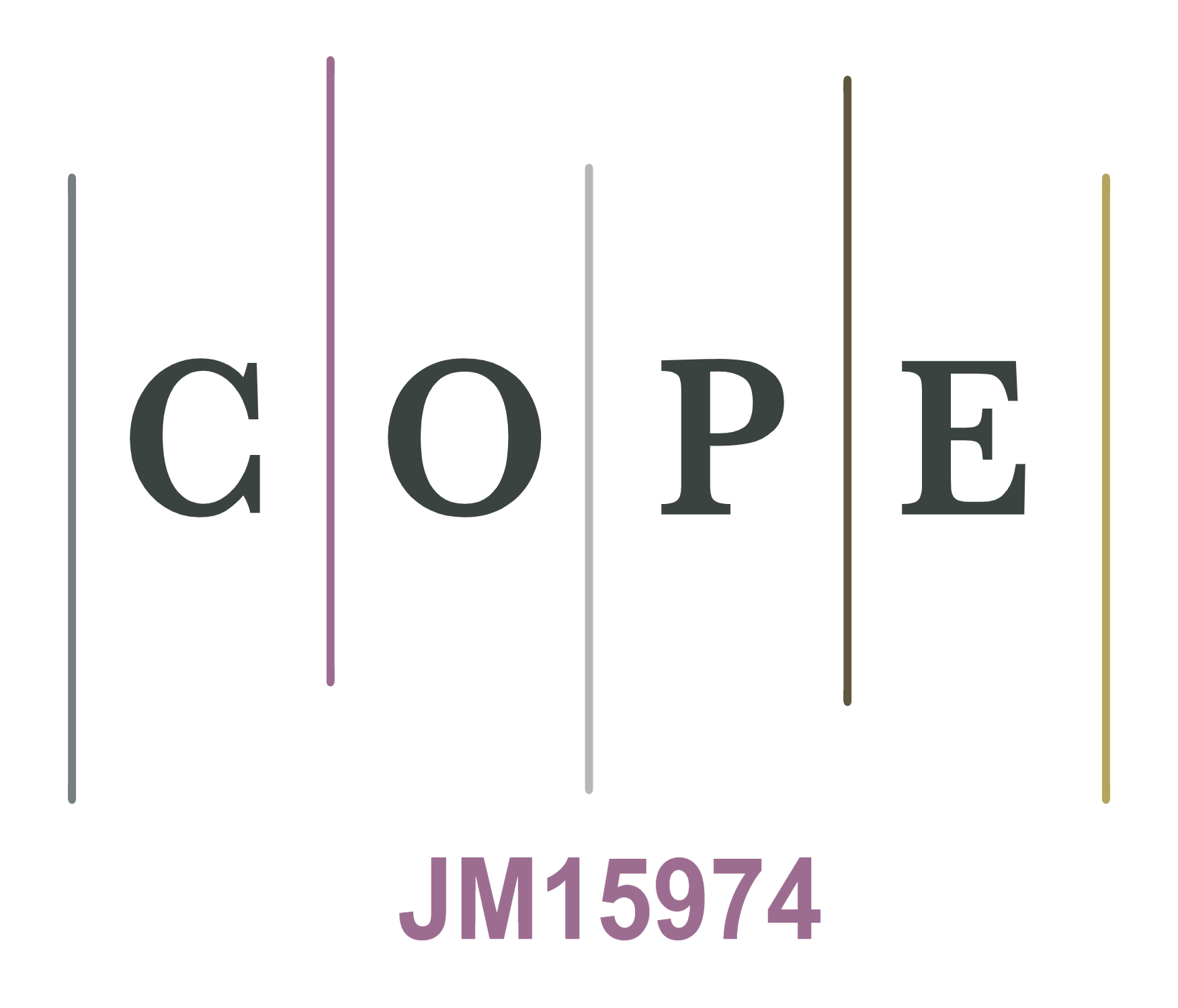Feasibility of a Carbon Consumption Tax for sustainable development – A case study of India
DOI:
https://doi.org/10.25034/ijcua.2018.3674Keywords:
Carbon Consumption Tax, Sustainable development, Global climate change, IndiaAbstract
Global climate change is a major issue confronting policymakers worldwide, and there is widespread scientific acceptance of the reality of climate change and its adverse consequences In terms of economic analysis, greenhouse gas emissions (GHG), which cause planetary climate changes, represent both an environmental externality and the overuse of a common property resource. The paper is premised around the hypothesis that tax policy can be used to address climate concerns by making less Green House Gas intensive purchases and investments more financially attractive. However, in the absence of an international framework capping GHG emissions, countries adopting mitigation policies incur costs that would not exist under global cooperation such as the loss of competitiveness and emissions leakage. A consumption tax based on the carbon footprint of a product levied on all products at the point of purchase by the final end-user, regardless of where the goods are produced using a Credit-method would be capable of addressing these concerns of emissions leakage and loss of competitiveness, while being WTO compliant. The author intends to test the feasibility and effectiveness of such a carbon consumption tax in the Indian Context. The author shall test the feasibility of levy of such a consumption tax in the context of India and evaluate the effectiveness in mitigating climate change and catering to the goal of sustainable development.
Downloads
References
Basanta K., and Ghosh, P.J. (2013). The Impact of Carbon Taxes on Growth Emissions and Welfare in India: A CGE analysis I. Retrieved from www.iegindia.org/upload/publication/Workpap/wp315.pdf IEG Working Paper No. 315G Working Paper No. 315
Burniaux, J.M., Chateau, J. and Duval, R. (2010). Is there a Case for Carbon-Based Border Tax Adjustment? An Applied General Equilibrium Analysis‖. OECD Economics Department Working Papers 794.Paris, France: OECD Publishing
Congressional Budget Office Policy Options for Reducing CO2 Emissions. (2012). Retrieved from http://www.cbo.gov/ftpdocs/89xx/doc8934/02-12-Carbon.pdf last accessed on 06.07.2017
Cropper. M., Gamkhar, S., Malik, K., Limonov, A., and Partridge, I. (2012). The Health Effects of Coal Electricity Generation in India. RFF Working Paper.
Harris, M. J., Roach, B., and Codur, M. A. (2015) The Economics of Global Climate Change. Global Development and Environment Institute Tufts University. Retrieved from http://www.ase.tufts.edu/gdae/education_materials/modules/The_Economics _of_Global_Climate_Change.pdf last accessed on 04.10.2016.
Holden, E., Harball, E., & Gilmer, E.M. (2016). SCOTUS halts Clean Power Plan, stuns states planning carbon cuts. E&E PUBLISHING
IPCC (2013). Climate Change 2013, ―The Physical Science Basis. Working Group I Contribution to the IPCC Fifth Assessment Report, Summary for Policymakers, Intergovernmental Panel on Climate Change, Geneva.
Lin, B.Q., Li, X.H. (2011). The Effect of Carbon Tax on Per Capita CO2 Emissions. Energy Policy, 39(9), 5137–46.
Liu, X.B., Wang, C., Niu, D.J. (2015), ―An Analysis of Company Choice Preference to Carbon Tax Policy in China. Journal of Clean Prod; doi:10.1016/j.jclepro.2014.12.084.
Moarif, S., Rastogi, N.P. (2012). Market-based climate mitigation policies in emerging economies, Center for Climate and Energy Solutions. Retrieved from http://www.c2es.org/docUploads/market-based-climate-mitigation-policies-emerging-economies.pdf last accessed on 04.10.2016.
OECD Environment Policy paper. (2013). Climate and Carbon Aligning prices and policies.
Pachauri, R.K and. Reisinger A. (2007). Climate Change 2007, ―Synthesis Report, Contribution of Working Groups I, II and III to the Fourth Assessment Report of the Intergovernmental Panel on Climate Change. Geneva:IPCC,
Stef, P. and Van Dender, K. (2011). What Long-term Road Transport Future? Trends and Policy Options. Review of Environmental Economics and Policy, 5(1): 44-65.
Schipper, L., Ting, M., Khrushch, M., Golove, W. (1997), ―The Evolution of Carbon Dioxide Emissions from Energy Use in Industrialized Countries: An End-Use Analysis‖. Energy Policy, 25 (7), 651–672.
Washington DC. World Bank. (2012). 4˚ Turn Down the Heat: Why a 4˚ Warmer World Must Be Avoided. Washington DC., USA: World Bank
Published
How to Cite
Issue
Section
License
Copyright (c) 2017 Journal of Contemporary Urban Affairs

This work is licensed under a Creative Commons Attribution-NonCommercial-NoDerivatives 4.0 International License.

















